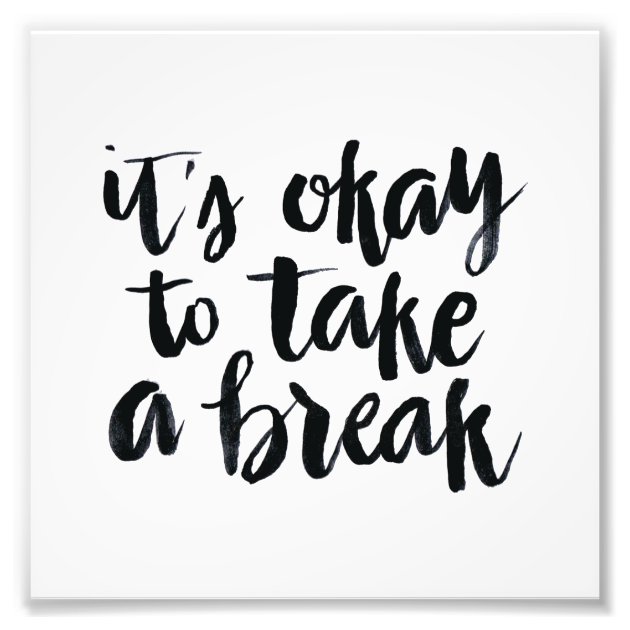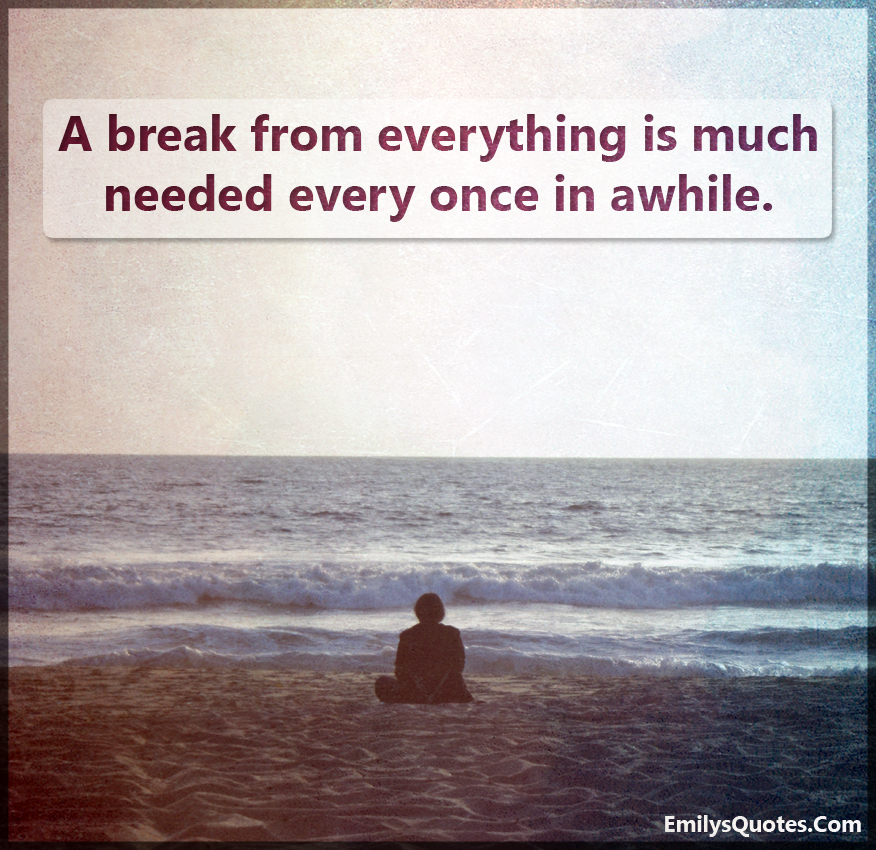
Cognitive depletion can also have a notable impact on academic performance. Pilots and air traffic controllers, whose work requires intense sustained attention, are two examples. Running low on mental fuel can be particularly dangerous in some jobs, of course. “We don’t know exactly what in the brain gets depleted, but when you do a cognitively demanding task, it operates as though there’s a ‘mental fuel’ that gets burned up,” he says. Scientists are still sorting out whether that decline is due to neural fatigue, buildup of waste matter in the brain, impaired executive function or something else-but the outcome is clear.

You start to fade out and there’s a decline in performance, Helton says. The study is one of many that finds focusing our attention for too long can wear us out. No matter which type of break they were given, all of the students in the break groups performed better on the attention task than those who kept slogging away without an intermission ( Applied Cognitive Psychology, Vol.

The other participants took a five-minute break halfway through the task and were randomly assigned to one of five activities: sitting quietly, listening to music, watching a music video, choosing between the music or the video, or spending the break however they wished without leaving the room. One group received no break during the 45-minute task. They gave university students a test that required them to monitor maps of railway lines on a screen, a task that involved sustained attention as they tracked the planned train routes. Helton, PhD, a professor of human factors and applied cognition at George Mason University in Fairfax, Virginia, and colleagues showed that short breaks can improve attention. “Taking regular breaks helps us to be more resilient when stressors arise, and they function as an intervention to help us deal with the daily grind.” Exhausting the mental fuelĮven short breaks can help us perform at our best. Much like regular exercise and sleep, work breaks function both as prevention and intervention, Fritz says. But research is giving us a deeper understanding of breaks, revealing that regularly detaching from your work tasks-both during the workday and in your off-hours-can help restore energy in the short term and prevent burnout in the long term.

How frequently you should break from work, how long breaks should last and what activities you should engage in will differ from person to person and job to job.
TAKE A BREAK QUOTES HOW TO
While it might seem obvious that breaks are refreshing, it’s less clear how to maximize their benefit. Unfortunately, powering through without a pause can do more harm than good, psychologists say.īreaks can improve our moods, overall well-being and performance capacity, says Charlotte Fritz, PhD, an associate professor in industrial/organizational (I/O) psychology at Portland State University in Oregon.

In our busy-loving modern society, too many of us have had the experience of eating lunch at our desks-or even working straight through the noon hour without sustenance, all in the name of tackling the items on our to-do lists.


 0 kommentar(er)
0 kommentar(er)
